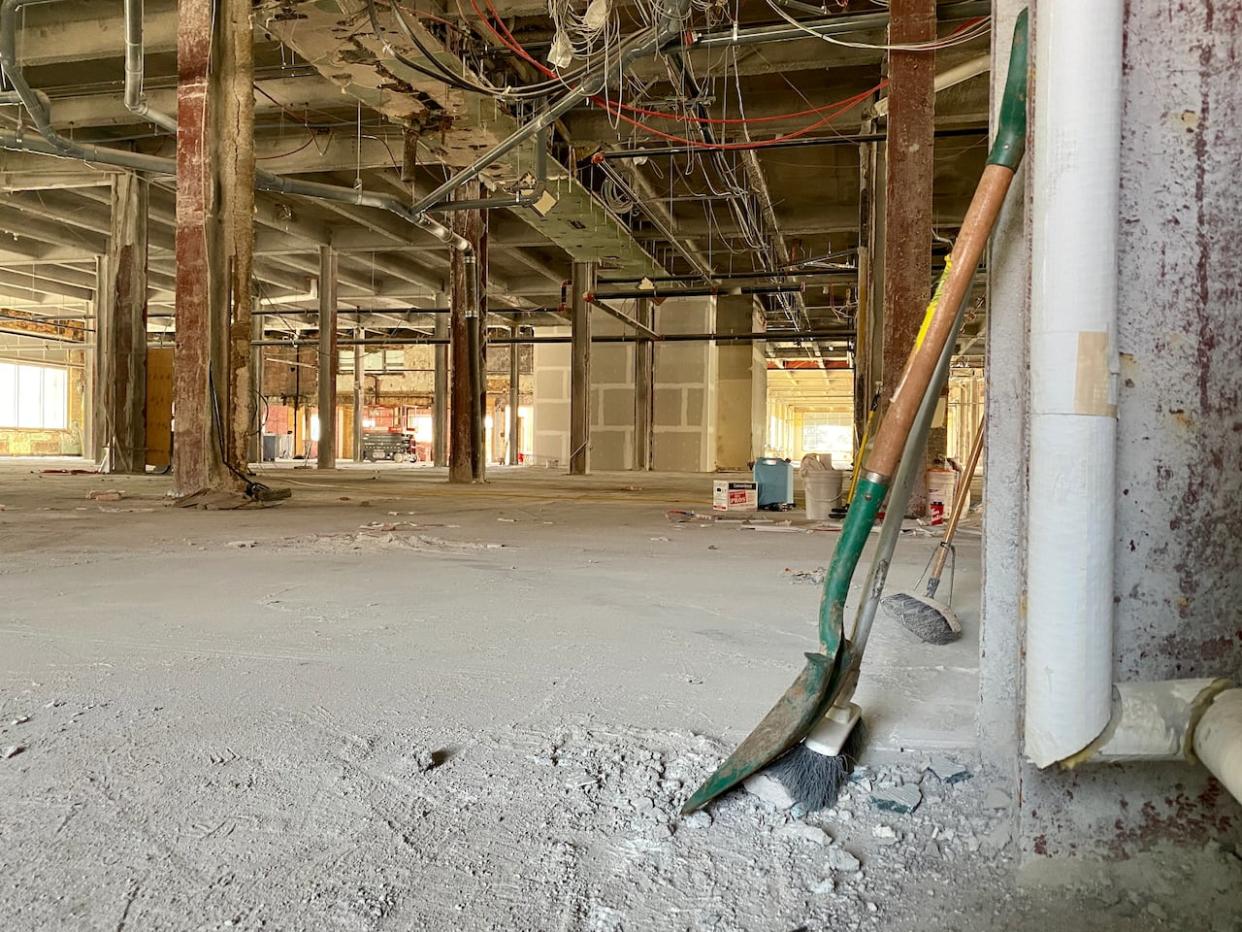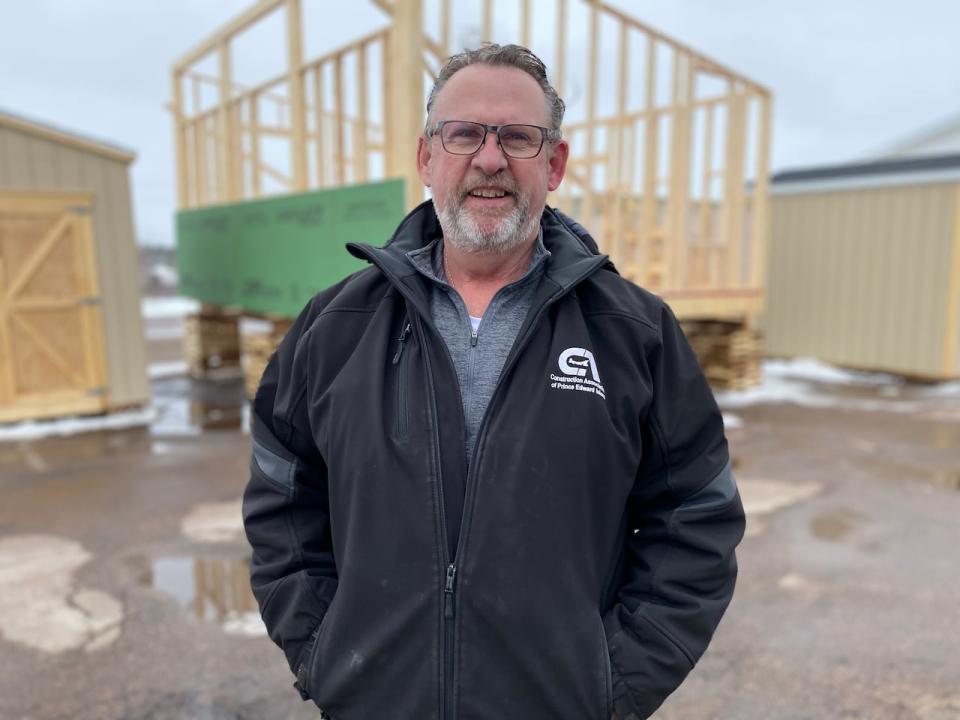Fewer than 1 in 40 of P.E.I.'s recent newcomers had trades skills, census shows

While the Prince Edward Island government has long touted immigration as a way to fill critical labour shortages, census figures suggest it has done little to provide new workers for construction, one of the most talked-about labour gaps of recent years.
The housing situation on P.E.I. has been described as a crisis since 2019, with apartment vacancy rates falling below one per cent and house prices soaring. One of the biggest issues is an inability of the construction industry to build apartment buildings, condos and single-family homes fast enough to keep pace with a rapidly growing population.
At the root of the construction industry's problems is a shortage of workers, says the Construction Association of P.E.I.
"Without that skilled labour, there's no possible way we build more housing," said association general manager Sam Sanderson.

Canada's immigration system does not provide much help to the construction industry, says Sam Sanderson. (Kirk Pennell/CBC )
"Money is never going to solve the problem. It's people, and if we don't start bringing those skilled people in, we're really going to be in more trouble."
During the 2021 census, P.E.I. residents were asked about their immigration status, including whether they were immigrants or non-permanent residents. In one census report, Statistics Canada combined that information with information about education.
The report found that out of more than 5,000 non-permanent residents on P.E.I., there were just 125 whose highest educational certificate was in the trades. That's fewer than one in 40.
Those non-permanent residents include recent arrivals seeking permanent residency in Canada as well as temporary foreign workers and students.
Among those nominated to immigrate to P.E.I. as permanent residents, even fewer had trades certificates.
According to a report from Island Investment Development Inc., the provincial agency responsible for immigration to P.E.I., the province nominated 1,421 people to come to the province. Of those, just 13 had a trades certificate, less than one per cent.
Among all Islanders in the workforce, about one in 15 listed a trades certification in the 2021 census.
Sanderson said the situation is not improving.
"Absolutely not," he said. "It's a discussion we've been having not only locally, regionally, but nationally as well — the low volume of skilled trades that have been coming into Canada."
Sanderson said some of the difficulties around bringing in construction workers are built into Canada's immigration system.
The system is designed to favour candidates with long-term job guarantees. That's not the way the construction industry works. While there is plenty of work, jobs that are guaranteed for years are harder to come by.
"There's not many employers, if any, on Prince Edward Island that can really guarantee somebody a year to meet the criteria for the immigration process," said Sanderson.
"We know that the work is out there, but as an employer, to really put that guarantee in place, it's a really big challenge."
Workers are focus of PNP
Over the last decade, P.E.I.'s provincial nominee program has been radically reshaped to focus less on entrepreneurs and business owners and more on workers.
After a request from CBC News, the province provided a report that said almost all of PNP invitations in 2023 were for the workforce stream, adding up to 97 per cent compared to just a few for the entrepreneur stream.
But the province was not able to provide a breakdown of which sectors those workers were destined for.
"We don't have that sector-specific information readily available," a provincial spokesperson said in an email.
The province has not yet responded to follow-up questions regarding the sectors it is targeting, and whether it has plans to increase the number of construction workers it recruits.

